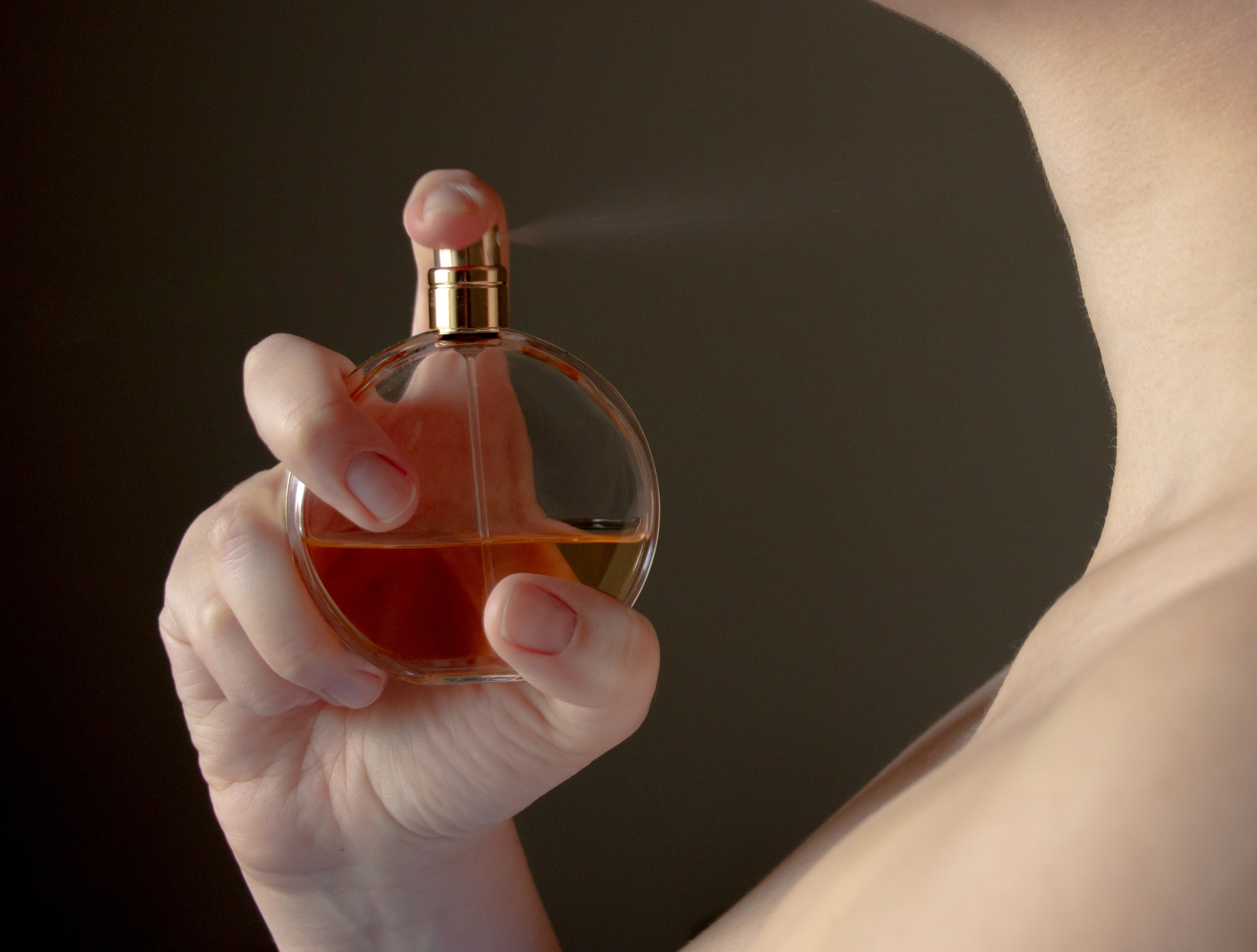Understanding Why Your Perfume Smell Vanishes Swiftly and Solutions
Many fragrance enthusiasts often encounter a perplexing issue: their favorite scents seem to disappear shortly after application. This challenge can be frustrating, especially when one invests in a fragrance they adore.
Common Mistakes That Reduce Longevity
There are several common errors that can lead to a quicker dissipation of a fragrance’s scent. This section highlights these mistakes and explains how they can impact the longevity of fragrances, including popular choices like Baccarat Rouge dupe.
- Improper storage is a primary factor that can negatively affect a fragrance’s quality and lifespan. Fragrances should be stored in cool, dry places away from direct sunlight and extreme temperatures. Exposure to such conditions can break down the perfume’s composition, altering its scent and reducing its potency. Additionally, it’s important to keep the bottle tightly sealed when not in use to prevent oxidation, which can also degrade the fragrance.
- The way a fragrance is applied can also impact its staying power. Many people make the mistake of rubbing their wrists together after applying, which can break down the scent molecules and reduce the fragrance’s longevity. Instead, it’s recommended to gently dab or spray it onto pulse points and allow it to naturally settle. Another common error is applying to dry skin. They last longer when applied to moisturized skin, as the oils help to lock in the scent.
- Frequent reapplication of a fragrance can alter its original scent profile. This is particularly true for complex variants where the balance of top, middle, and base notes is carefully crafted. Over-applying can lead to an accumulation of base notes, which can overpower the delicate balance of the overall scent. It’s important to apply them in moderation and allow it to develop naturally on the skin for the truest representation of the scent.
The Science Behind Scent Longevity
The duration a fragrance lasts on your skin is influenced by several scientific factors. This section will explore the elements that contribute to scent longevity, providing a deeper understanding of why some fragrances seem to vanish quickly.
- The volatility of perfume ingredients plays a significant role in how long a scent lasts. Volatility refers to how quickly a substance evaporates into the air. Fragrances are composed of different notes – top, middle, and base – each with varying degrees of volatility. Top notes are the most volatile and evaporate quickly, giving the initial burst of scent. Middle notes last longer, while base notes, which are the least volatile, provide the lasting effects on the skin. The balance and interaction of these notes determine the overall longevity of the fragrance.
- Perfume concentration significantly impacts its longevity. Fragrances come in various forms like Eau de Toilette, Eau de Parfum, and Parfum, each with a different concentration of aromatic compounds. Eau de Toilette, with a lower concentration, tends to have a shorter lifespan, while Eau de Parfum and Parfum, with higher concentrations, last much longer. This is because the higher the concentration of aromatic oils, the slower the evaporation rate, leading to a longer-lasting scent.
- An individual’s body chemistry also affects how they smells and lasts. Factors such as skin type, pH levels, and even diet can influence how a fragrance interacts with the skin. Oily skin, for instance, tends to hold scents longer compared to dry skin, as the oils help to trap the fragrance. Hormonal changes and medications can also alter body chemistry, affecting how a fragrance develops and endures throughout the day. This variability means that a scent may last differently on different individuals.
Read also – 5 Inspiring Lessons to Learn from Estee Lauder
Environmental and External Factors
Environmental conditions like temperature and humidity play a significant role in fragrance longevity. High temperatures can intensify but also cause it to evaporate more quickly. Conversely, cooler temperatures may reduce the intensity but can prolong the scent’s presence on the skin.
Humidity also affects how a fragrance diffuses. In humid conditions, scents tend to linger longer as the moist air holds it closer to the skin. Understanding these environmental impacts can help in choosing and applying fragrances appropriately for different settings and climates.
External factors, including clothing and skincare products, can also influence how long a fragrance lasts. Fragrances tend to adhere better to fabrics than skin, so applying scent to clothing can extend its longevity.
Care should be taken to avoid staining delicate fabrics. Skincare products like lotions and oils can either enhance or hinder of a staying power. Layering a fragrance with a matching scented lotion can prolong its presence, while unscented moisturizers can provide a neutral base that supports the fragrance.
Choosing the Right Option for Longevity
Selecting a fragrance that inherently has a longer-lasting scent profile can be beneficial for those seeking longevity. Fragrances with a higher concentration of aromatic oils, such as Eau de Parfum or Parfum, typically last longer than their less concentrated counterparts. Additionally, those with strong base notes like woods, musk, or amber are known for their staying power.
Closing Thoughts
Understanding why a fragrance may not last as long as desired and implementing solutions to enhance its longevity can greatly improve your scent experience. From selecting the right type to proper application and storage, there are numerous ways to ensure your option remains vibrant and enduring. By being mindful of these factors and adopting these practices, you can enjoy your favorite scents for longer periods, making the most of your fragrance investments.
